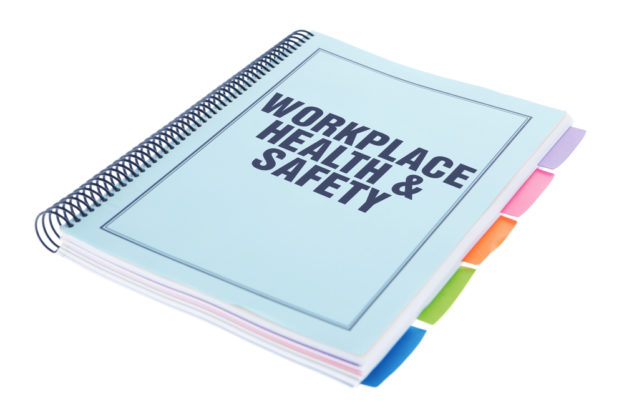By Samantha Wolfe

Samantha Wolfe
As the dust settles from the 2024 US presidential election, businesses with a significant international workforce are bracing for potential shifts in immigration policy. Former President Donald J. Trump’s return to office signals a likely shift towards more restrictive immigration measures, similar to his first administration’s policies and perhaps more expansive. With immigration playing a central role in his campaign, organizations with foreign national employees, global mobility programs, and compliance needs are advised to prepare for a potentially transformed immigration landscape.
Here are some key areas where we anticipate changes and what businesses should be aware of as we move into 2025.
1. Heightened Enforcement and Security-Based Policies
A renewed focus on immigration enforcement is expected, with a security-driven approach that may involve stricter compliance requirements and enhanced scrutiny of visa applications. Trump’s campaign promises suggest increased workplace inspections, audits, and enforcement actions from agencies such as US Immigration and Customs Enforcement (ICE) and the Department of Homeland Security (DHS).
For companies, this could mean heightened audits and the need for robust compliance protocols. Businesses should consider proactively reviewing their I-9 and E-Verify processes, conducting internal audits, and ensuring that their immigration practices align with federal regulations to mitigate any potential risks.
Read more >>














